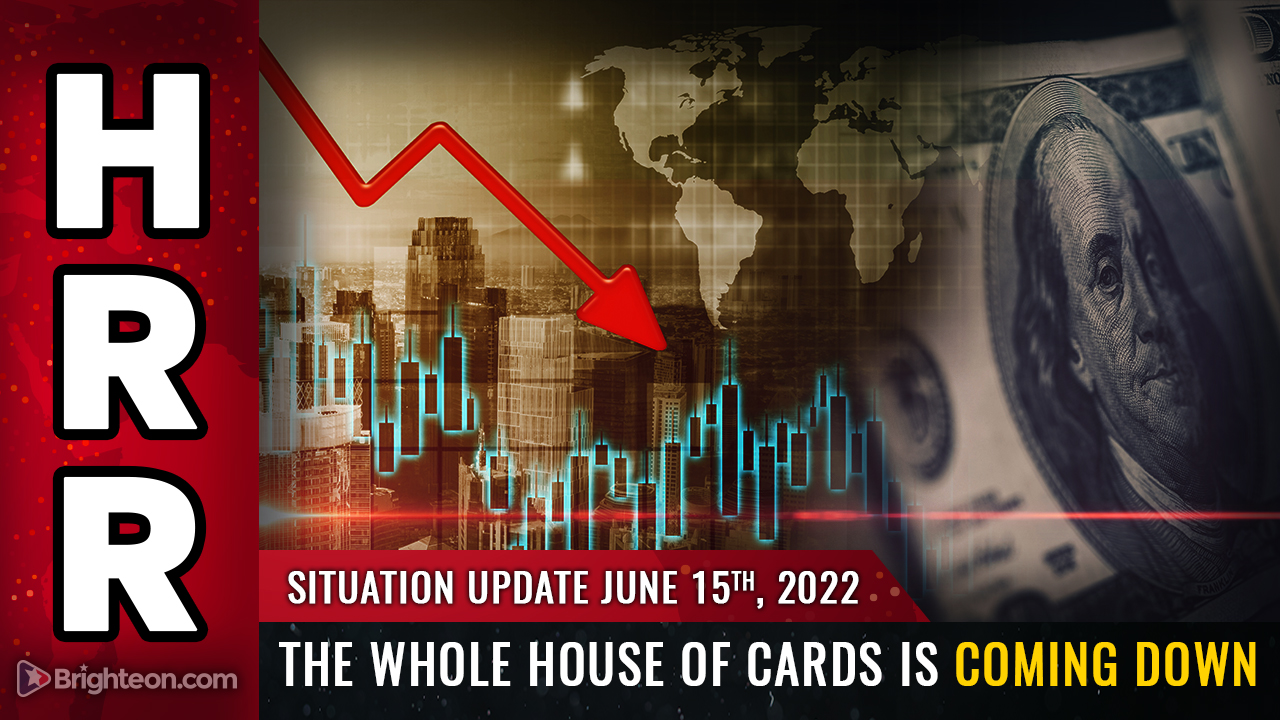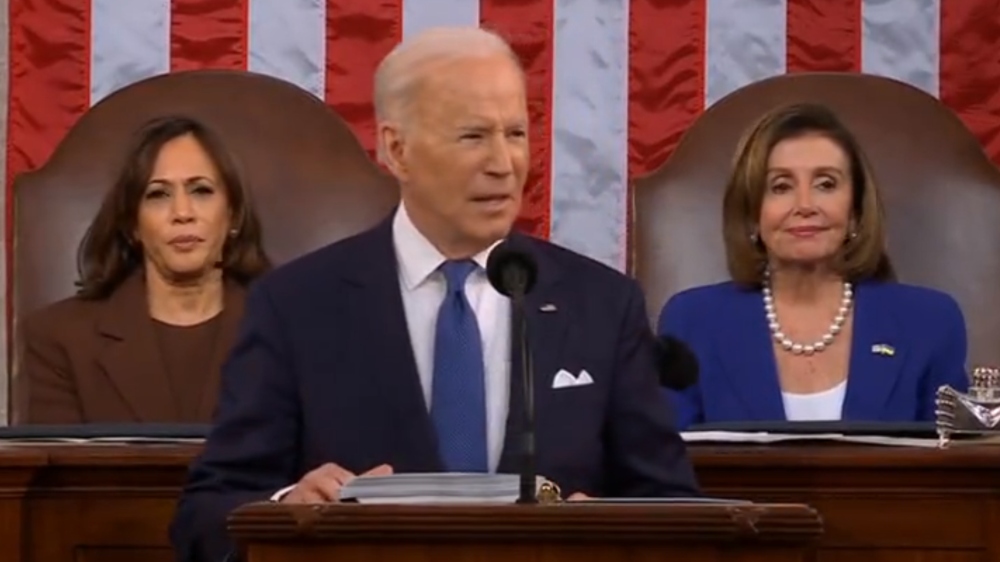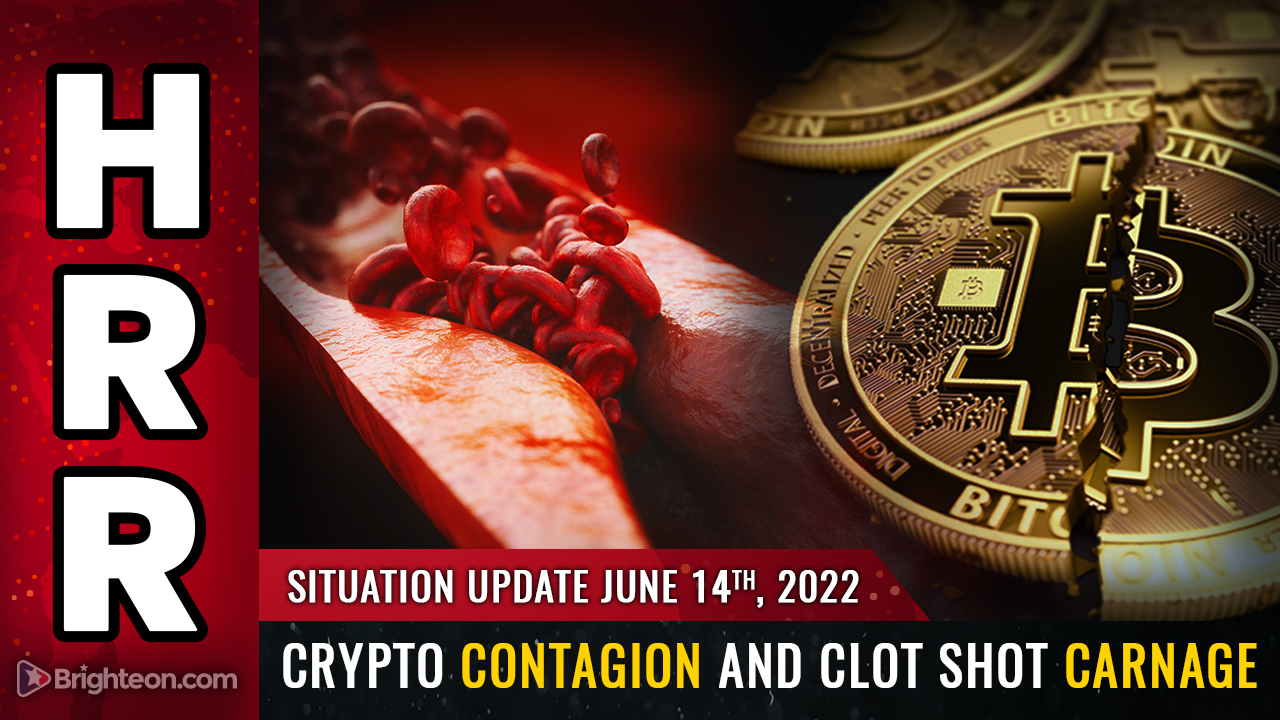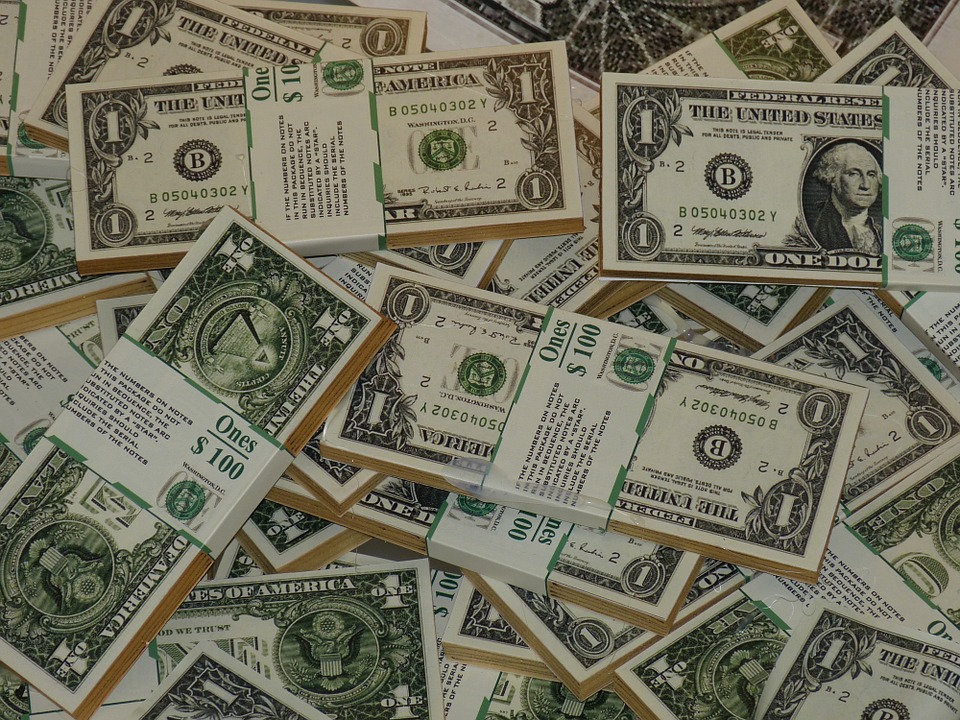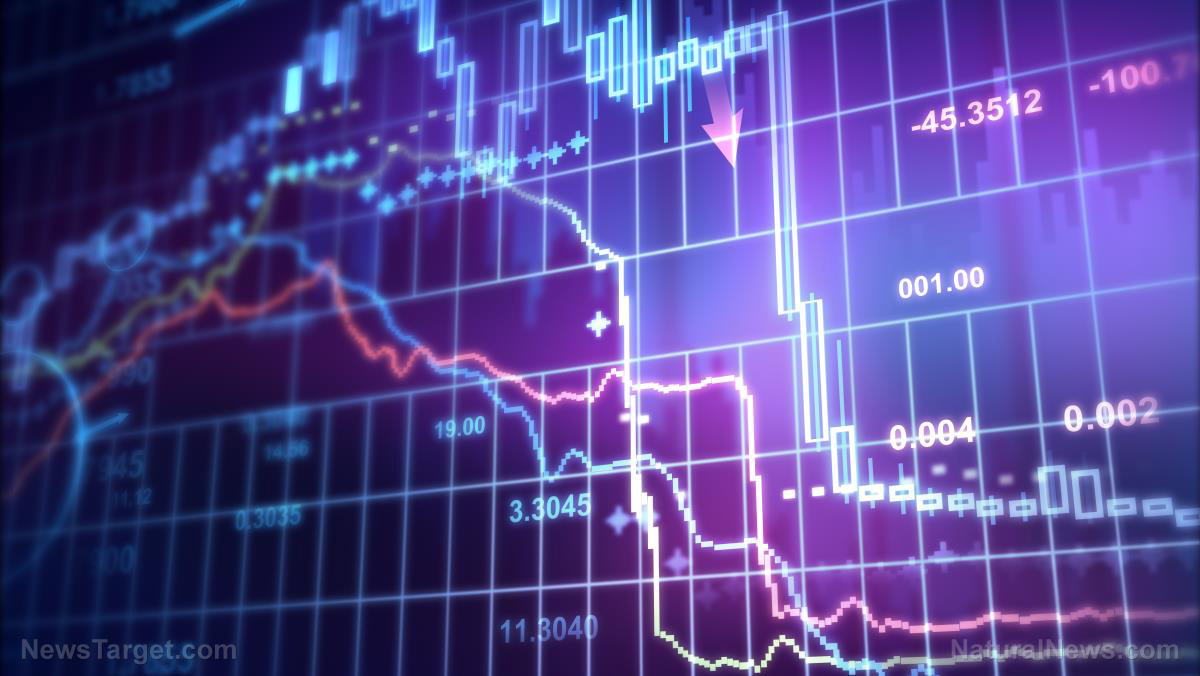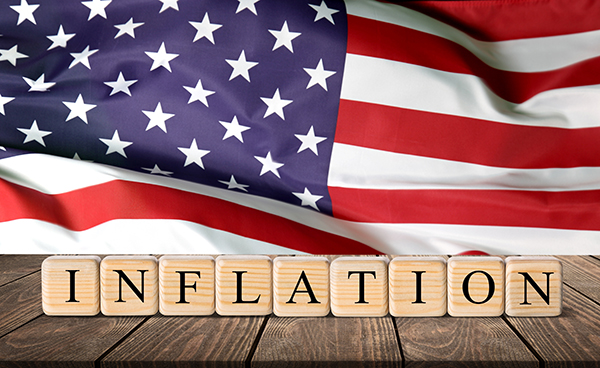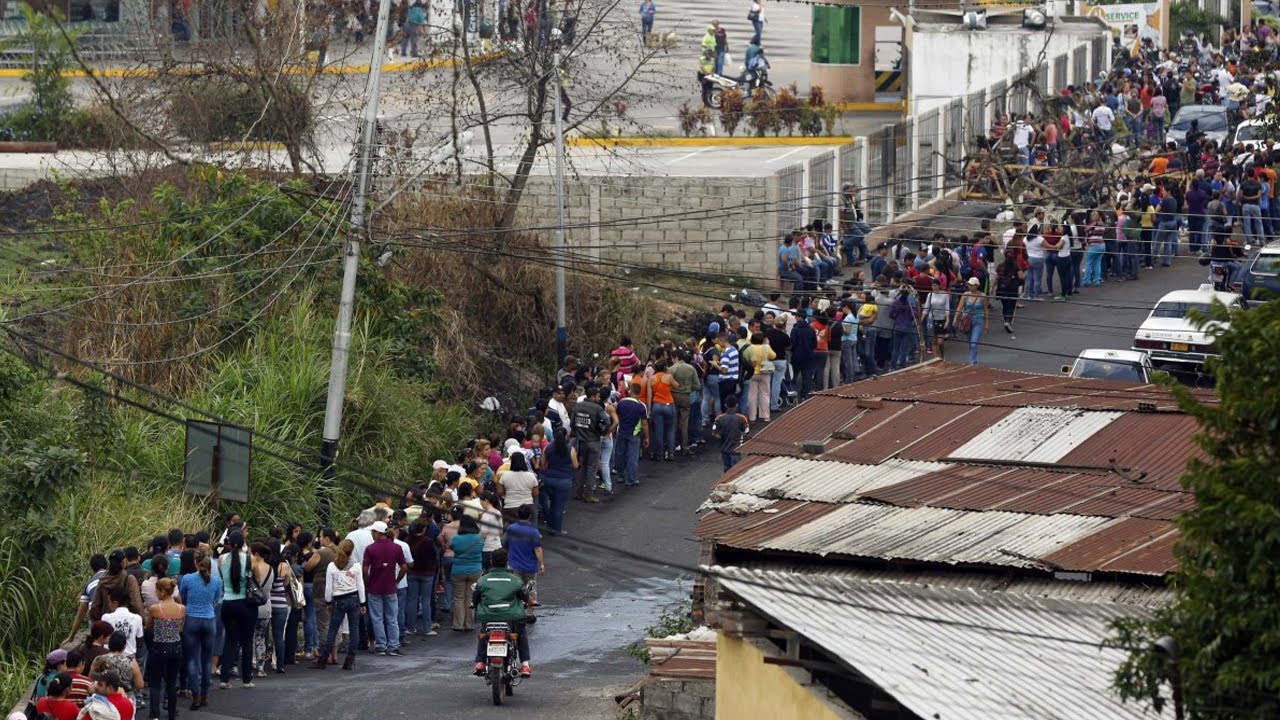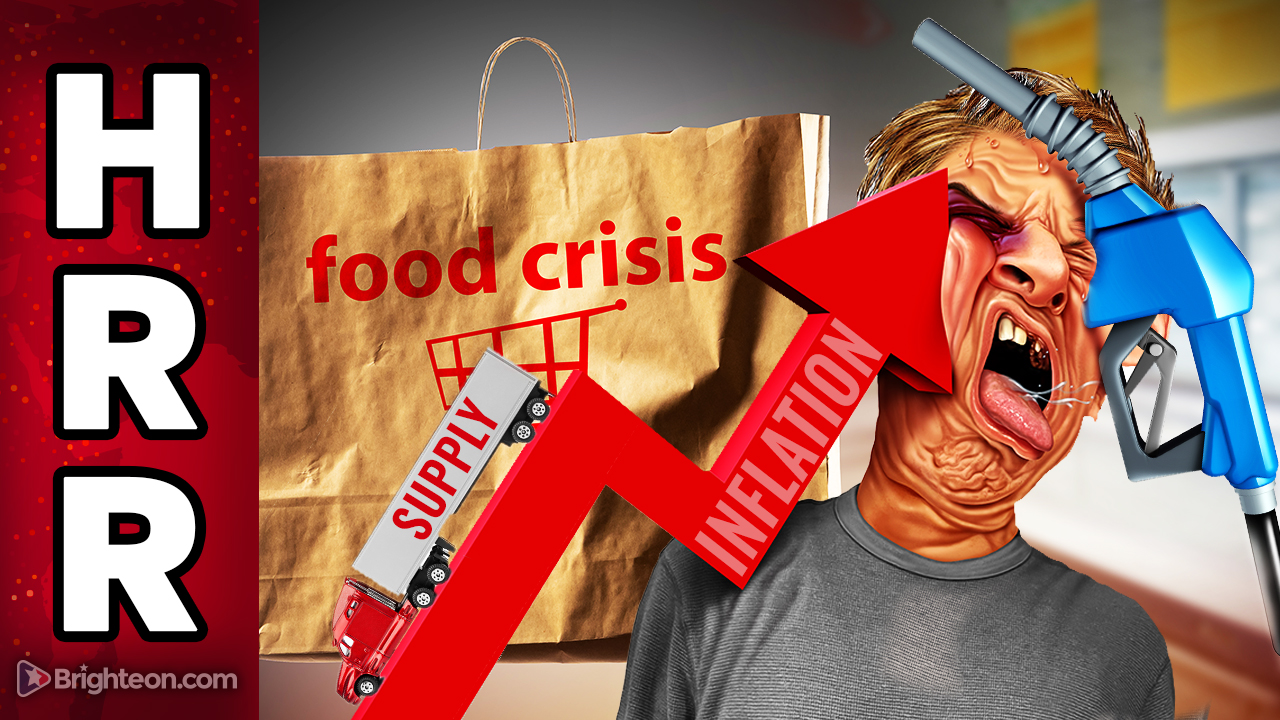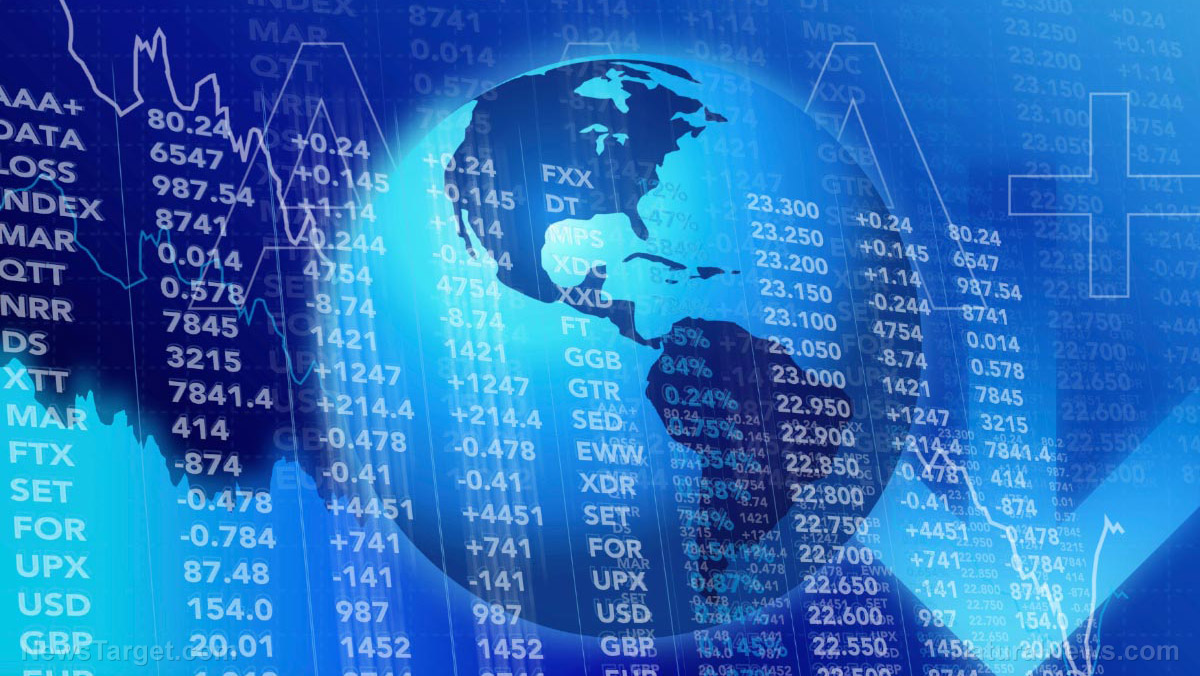Wall Street analysts: Fed to hike interest rates more aggressively in bid to address soaring inflation
06/14/2022 / By Arsenio Toledo

The hottest period of inflation in the United States will likely push the Federal Reserve to raise interest rates even more aggressively than it already has, potentially plunging the country into a recession.
Fed policymakers have all but guaranteed that they will raise interest rates by 0.5 percent in their next meeting next week. This will be on top of the 0.5 interest rate hike they made during their last meeting in May. (Related: Collapse incoming: Fed to raise interest rates more than the market initially anticipated.)
But Wall Street analysts are now betting that the Fed, due to mistaken belief that higher interest rates will cool inflationary pressures, will increase interest rates by as much as 0.75 percent in its next meeting.
This does not even take into account the likelihood that the Fed will increase its rates yet again in their meeting in late July. If it does so, this would be more policy tightening in the space of three months than the Fed did in all of 2018.
The last time the Fed raised interest rates by 0.75 percent was following a meeting in 1994, when the central bank under former Democratic President Bill Clinton was rapidly raising interest rates to preempt a potential rise in inflation.
Fed policymakers are hoping that this aggressive rate hiking will produce benefits to the American economy by September, as easing supply chain pressures also eases inflationary pressures. If this happens, the central bank could shift to smaller rate hikes.
More rate hikes to come in the next few months
The Department of Labor‘s most recent inflation report showed an even bigger jump in prices in May than federal officials had anticipated at 8.6 percent year-over-year inflation. Consumer surveys reacting to this new information showed households’ expectations of future inflation have also increased in recent days.
Traders of futures tied to the Fed’s policy rate increases began pricing in an even more aggressive manner in reaction to the Labor Department’s recent data and the likelihood that the Fed will increase interest rates further.
“We believe that today’s inflation data – both the [Consumer Price Index] and UMich [University of Michigan] inflation expectations – are game changers that will force the Fed to switch to a higher gear and front-load policy tightening,” wrote Aneta Markowska of investment banking company Jefferies. Markowska joined economists at the British bank Barclays in forecasting a 0.75 percent rate hike for the Fed’s next meeting.
Markowska is referring to a UMich survey of consumers’ long-term inflation expectations, which rose to its highest level since the Great Recession in 2008. The New York Fed also made a survey that showed consumers’ short-term inflation expectations have surged, and that the distribution of households’ long-term expectations were more varied than in previous surveys. This suggests that more households are preparing for and expecting higher inflation.
The futures funds also predict a one-in-four chance of a 3.25 percent to 3.5 percent rate hike by the end of the year. Deutsche Bank forecasts a worse rate hike of 4.125 percent by mid-2023.
Most mainstream economists still disagree with Wall Street. They still expect the Fed to only raise interest rates by half a percentage point. They also believe future rate hikes in the Fed’s next meetings will only be by half a percentage point at least through September.
“Any hope that the Fed can ease up on the pace of rate hikes after the June and July meetings now seems to be a long shot,” wrote Greg McBridge, chief financial analyst for financial services company Bankrate.
“The data now is not good. The data is saying they have to do more,” said Diane Swonk, chief economist for accounting company Grant Thornton. “We’re moving into a more inflation-prone world, and they know that, and if they don’t derail it now, this could be incredibly corrosive.”
Learn more about inflation in the United States and the central bank’s response to it at Inflation.news.
Watch this episode of the “Health Ranger Report” as Mike Adams, the Health Ranger, talks about how unyielding inflation is depressing consumer demand.
This video is from the Health Ranger Report channel on Brighteon.com.
More related articles:
Biden sentences struggling Americans to even worse economic hardships.
RBC analysts: US car sales falling to recessionary levels.
Biden’s “inflation bomb” is “driving the economy into the ground,” senators warn.
Lumber prices fall as rising interest rates affect housing industry.
Sources include:
Submit a correction >>
Tagged Under:
big government, Bubble, chaos, Collapse, debt collapse, economic collapse, economic crisis, Federal Reserve, finance, Inflation, interest rate hikes, interest rates, money supply, panic, risk, Wall Street
This article may contain statements that reflect the opinion of the author
RECENT NEWS & ARTICLES
COPYRIGHT © 2017 BUBBLE NEWS

